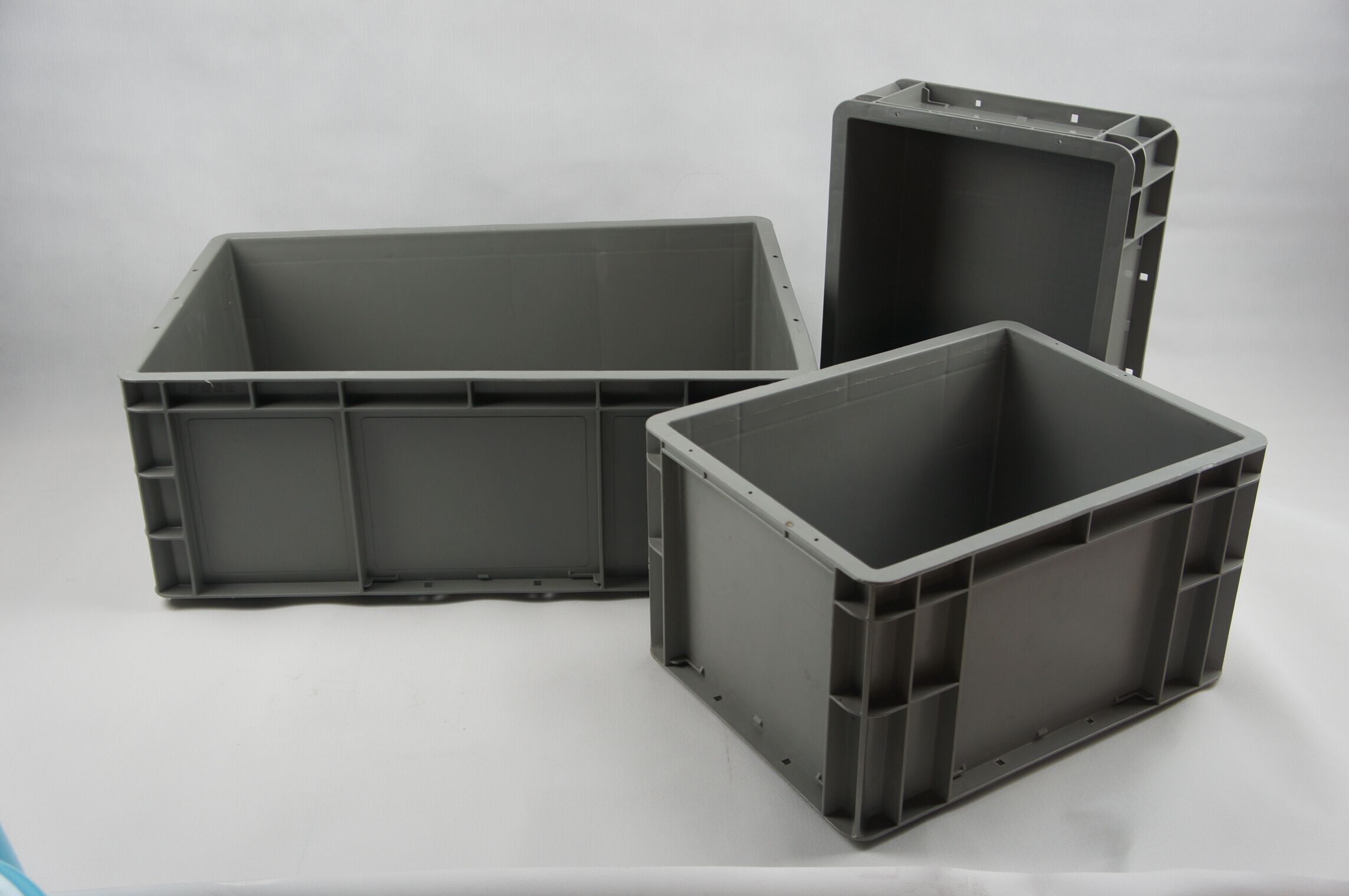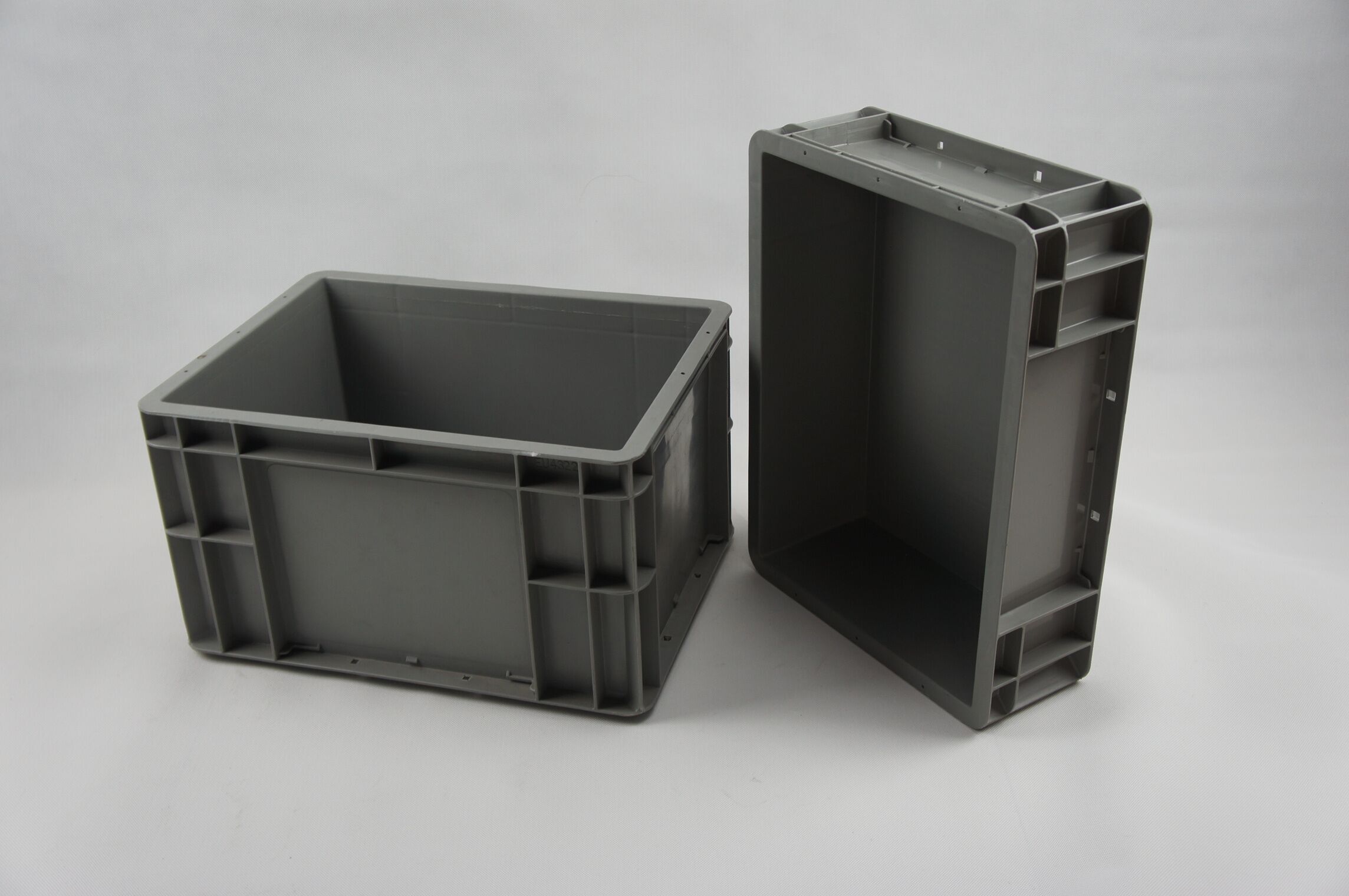In the ever-evolving landscape of manufacturing and logistics, innovation is the key to staying ahead of the curve. One such innovation that has been quietly revolutionizing various industries is the humble crate mold. Crate molds, the foundational components used to create the plastic crates that are ubiquitous in supply chains, have undergone significant transformations in recent years. This article delves into how these innovations are reshaping industries and the implications for the future.
Crate molds have been a staple in the manufacturing of plastic crates for decades. Traditionally, these molds were made from steel or aluminum, designed to withstand the rigors of the injection molding process. They were robust, but also heavy and expensive to produce. The molds were also limited in their design flexibility, which meant that the crates they produced were often generic and not tailored to specific industry needs.
The wave of innovation in crate molds came with the advent of lightweight materials and advanced manufacturing techniques. Molds made from composite materials or with advanced cooling systems allowed for faster production cycles and reduced energy consumption. This not only made the molds more cost-effective but also increased the efficiency of the entire production process.
One of the significant innovations in crate molds is the move toward customization and modularity. Modern crate molds can be designed to create crates with specific features tailored to the needs of individual industries. For example, molds can now produce crates with built-in handles, dividers, or even electronic tracking systems. This level of customization has allowed industries to optimize their supply chains, reduce waste, and improve product safety.

The environmental impact of crate molds has also been a focus of innovation. With the push towards sustainability, there has been a shift towards using eco-friendly materials in the production of molds. Biodegradable materials and recyclable components are now being incorporated into crate molds, reducing the carbon footprint of the crates they produce.
The integration of technology into crate molds has opened up a whole new realm of possibilities. Smart crate molds can now incorporate sensors and RFID tags, allowing for real-time tracking and monitoring of the crates and their contents. This has revolutionized inventory management, reducing the likelihood of stock discrepancies and improving the overall efficiency of supply chains.
The versatility of modern crate molds has allowed them to be adapted for use in a wide range of industries. In the agricultural sector, specialized crate molds have been developed to create crates that can hold produce without causing damage. In the automotive industry, molds have been designed to produce crates that can securely hold and transport delicate car parts. Even in the pharmaceutical industry, crate molds have been adapted to create crates that maintain the integrity and safety of sensitive medical products.

Looking to the future, the innovations in crate molds are set to continue. With advancements in 3D printing technology, we can expect to see even more complex and intricate designs in crate molds. This will allow for the production of crates with higher levels of customization and functionality.
The humble crate mold may not be the more glamorous aspect of manufacturing, but its innovations have had a profound impact on industries across the board. From improving efficiency and reducing costs to enhancing sustainability and integrating technology, the evolution of crate molds has been nothing short of transformative. As these innovations continue to develop, we can expect to see even more significant changes in the way industries operate, making the future of crate molds as exciting as it is promising.





 English
English عربى
عربى Español
Español Français
Français








